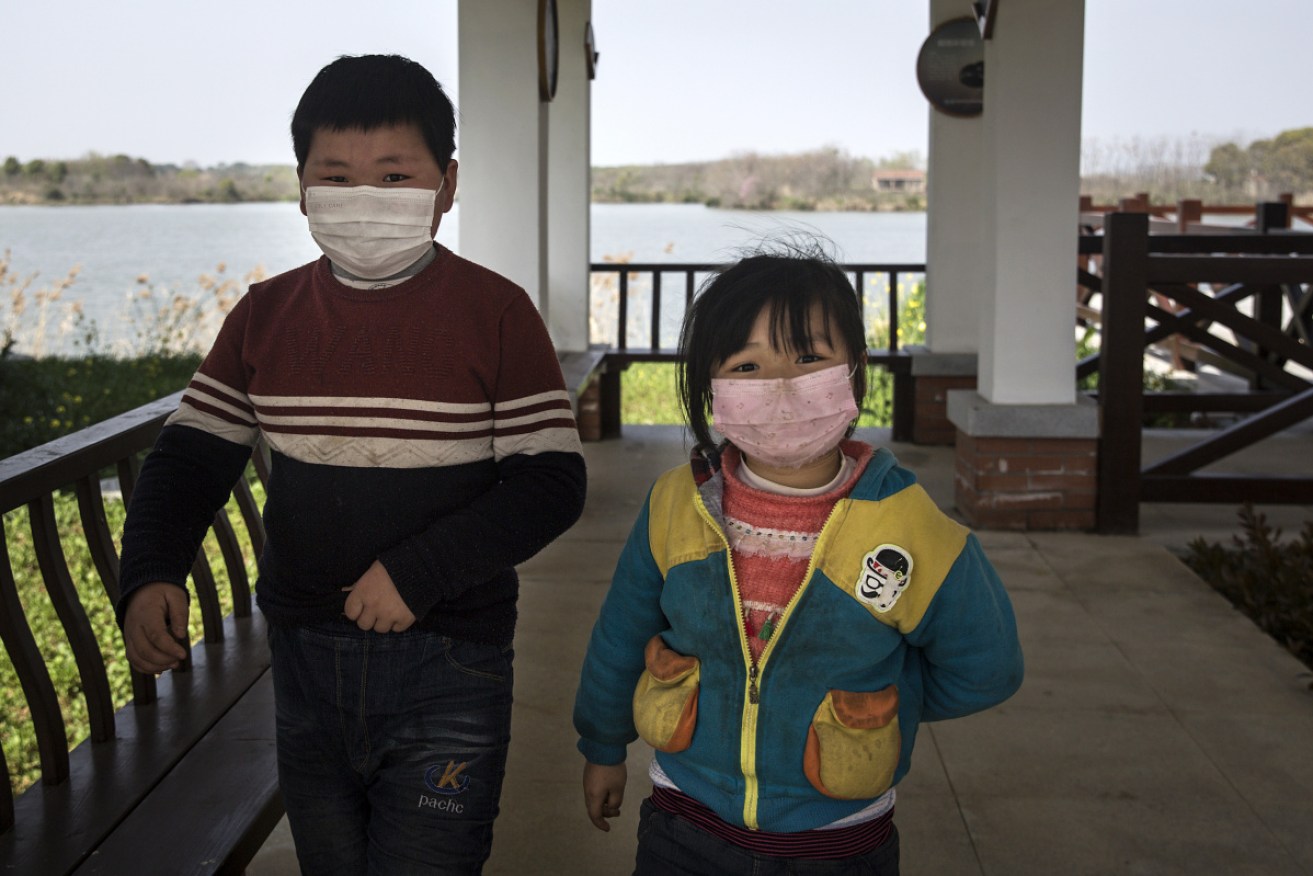Lessons to be learned from China about keeping children in isolation


Australian parents can look to China for tips on how to keep children safe in isolation. Photo: Getty
Chinese children were at risk of being groomed and faced more cyberbullying after schools shut down, a report on the dangers associated with social isolation during the coronavirus pandemic has found.
As an increasing number of Australian parents take their children out of school over COVID-19 fears, children are inevitably going to spend a lot more time at home in front of screens in coming months.
Although it’s much safer for children to be contained at home or their backyard rather than be exposed to strangers who might carry the virus, being away from a physical classroom brings with it another set of risks.
That includes those that stem from unsupervised access to the internet.
And there are valuable lessons we can learn from China, where the virus emerged and about 58 million people have been placed under unprecedented restrictions.
- Read more: Keeping kids safe online
During the lockdown in the original virus epicentre, almost 65 per cent of children are spending more than three hours online every day, and 20 per cent spend more than six hours every day, a China Youth Daily study has found.
Qiang, a Year 8 student in China, hasn’t been able to leave his home for a month.

Qiang using a skipping rope on the top floor. Photo: World Vision
Forced to stay inside, the 13-year-old spends most of his time doing online study courses, occasionally taking a break to exercise on the top floor of the building in which he lives.
“I have gained some weight these days for not being allowed to go out,” he said, adding he misses playing badminton with his friends.
“I wish the epidemic could soon be over, so I could go out and go to school.
“I felt a bit scared when I heard that the epidemic was quite severe.”
Understandably, many children in China are feeling anxious about the coronavirus – and trying to escape their new reality by spending more time on the internet can sometimes make it worse.
According to a survey conducted by the Chinese Psychology Society, 42.6 per cent of Chinese people questioned said they were feeling anxious amid the uncertainty of the COVID-19 outbreak.
In a study into post-traumatic stress disorder, just over one in every five people of the 5000 participants had obvious symptoms of PTSD.
There are concerns children may also absorb the anxiety and develop psychological disorders.
World Vision child protection expert Wing Yan Mak said parents needed to understand their children may be affected by the barrage of online news stories about the unfolding pandemic.
“It is important for parents to be patient and transparent, and to talk to children about the virus,” Ms Mak said.
“Children might be overwhelmed by the massive information on the virus outbreak and are unable to process the information, which can lead to stress and fear.”
She said creating a daily routine would help children develop a sense of normalcy amid the chaos.

Assigning daily tasks can help establish a routine during lockdown. Photo: World Vision
Neglect and injury were also major concerns linked to periods of isolation or lockdown.
In China, a disabled boy was left at home for six days and tragically died after his father and brother were quarantined.
There are also reports of children who have been injured after misusing disinfectant chemicals when they were left unsupervised.
Parents are being urged to limit screen time where possible and keep an eye on what kids are accessing online.
Wing Yan Mak’s advice after working with kids in China
Q. What are the biggest concerns for children being isolated at home based on what World Vision staff have seen in China?
“Children might be overwhelmed by the massive information on the virus outbreak and are unable to process the information, which can lead to stress and fear. Neglect and injury are also big concerns. A disabled boy was left at home for six days and died after dad and brother were quarantined. Also, three children were hurt as a result of misusing disinfectants.”
Q. What are the biggest lessons parents in Australia can learn from the impact of isolation on children in China?
“It is important for parents to be patient and transparent to talk to children about the virus. It is important to understand how children’s mental health be affected by the outbreak, and parents are the key supporters to help children cope with those stress. There are difficult ways to deal with the impact of isolation, but agreeing a daily routine with children helps children to gradually develop the sense of normalcy. Parents should also be aware of their own mental health and psychosocial wellbeing as well.”
Q. Are there any examples that WV China staff have seen first hand of the impact of too much screen time?
“In a study of 1923 caregivers during the recent lockdown in China, 64.4 per cent of their children spent more than three hours on the internet every day and 20 per cent spend more than six hours. Parents might not be aware of what is happening to their children during that time. Apart from learning and playing video games, children engage in different groups (fan groups). There was news that youths got bullied by other fan groups online.”
Q. How traumatic is this for children and how can parents help ease children’s concerns?
“Be open and positive to talk to children about the risks on internet and how they can protect themselves. Make sure that children understand who, how and where to seek help when they have troubles on the internet.”







